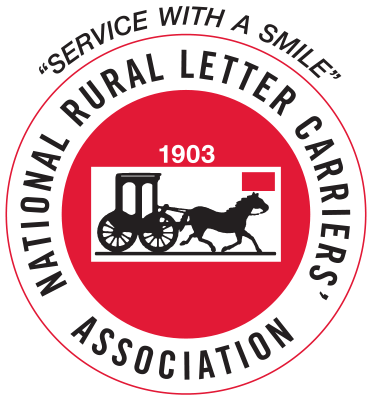Kids preventative care
Screenings, along with regular check-ups help spot problems early when they’re easier to treat.
All kids, birth to 18 years old, should have an annual routine exam that checks:
- Height, weight
- BMI, weight, or length in infants
- Vision and hearing
- Physical and mental development
- Psychosocial/behavioral assessment
- Age-appropriate immunizations
Additional screenings are recommended at different ages
For a complete list of recommendations check out the American Academy of Pediatrics Recommendations for Preventive Pediatric Health Care.
Infants birth to 9 months old
- Head circumference
- Vision and hearing
- Recommended Uniform Screening Panel for newborns – a blood test that screens for hereditary disorders such as cystic fibrosis, and blood, digestive, muscular and heart diseases.
Early Childhood 1 to 4 years old
- Autism spectrum screening
- Blood tests to check for anemia and lead levels
- Oral health, fluoride varnish
Middle childhood 5 to 10 years old
- Blood pressure
- Dyslipidemia (initial screen for familial high cholesterol or high lipids)
- Oral health, fluoride varnish
Adolescence 11 years and older
- Blood pressure
- Dyslipidemia (initial screen for familial high cholesterol or high lipids)
- Depression screening
- HIV (the US Preventive Task Force recommends HIV testing once between 15 and 18 years old, with follow-up for high risk patients.)
Human papilloma virus (HPV)
HPV is a group of viruses, some of which can cause several types of cancer. The HPV vaccine can protect children from these viruses and protect them from developing these cancers later in life. Children ages 11 and 12 should have a 2 dose HPV vaccine. Three doses are needed if the vaccine is given at ages 15 or older.
Young women, starting at age 16, should discuss the need for female health screenings with their doctor. This includes when to start screening for cervical cancer with Pap tests.
